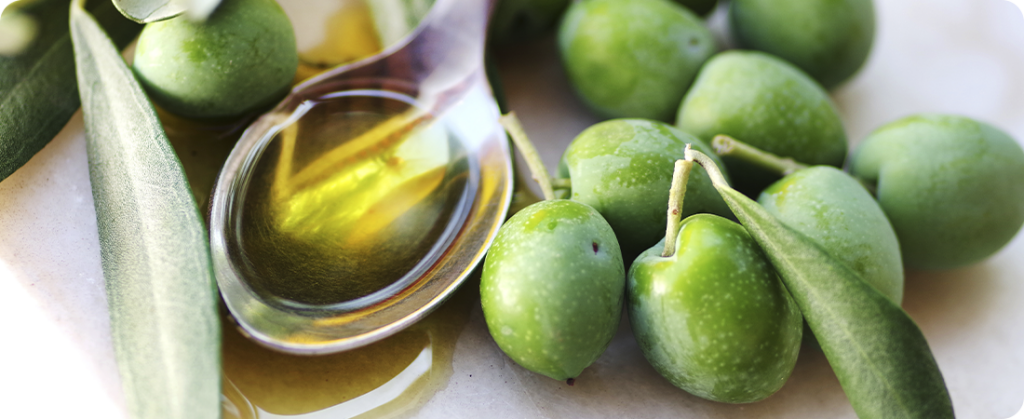
The supplies of olive oil in Europe they are almost sold out. This is due to extreme weather that has affected harvests for the second year in a row, as reported by The Guardian. The forecast is for more shortages.
Europe — the world's biggest producer — said it is having to import supplies from South America to keep up with demand, according to the Sept. 28 report.
“Today it is almost physically impossible to buy olive oil. It’s sold out,” said Walter Zanre, chief executive of the British arm of olive oil company Filippo Berio.
According to the International Olive Council, global olive oil production is predicted to fall. Volume is expected to fall to 2.4 million tonnes. This number is lower than last year's harvest. Furthermore, it is significantly below global demand, which is around 3 million tons. This reduction in production was due to the drought and heat waves that affected the main producer, Spain.
Reduced harvests in Europe lead to imports and price increases
Extreme weather in other key growing regions, including Greece, Italy and Portugal, as well as Turkey and Morocco, has worsened the crisis, The Guardian wrote.
Zanre stated that the company had stock to meet delivery demands. However, it had to import olive oil from Chile. It was necessary to cover the gap before the arrival of this year's harvest, which begins in October. This was due to wholesale supply shortages across Europe.
This year's harvest was significantly smaller than usual. Spain expects to produce 750,000 tons, compared to 660,000 the previous year. However, this number is still far below typical volumes of recent years, which used to be around 1.3 million tonnes, as reported.
The Guardian wrote that poor harvests combined with rising energy and labor costs have affected farmers' incomes, they said.
Greece is expected to produce just 200,000 tons this year. This represents a third less than last year. This drop is attributed to extreme heat and problems with fruit fly infestations, as indicated in the report.
Manolis Yiannoulis, head of the Greek interprofessional olive oil association, said consumers were seeing price increases of “more than 100%”.
“We are seeing production rates being cut in half this year,” Yiannoulis said. “The imbalance between demand and supply has already led to very large price increases.”
Fears of a shortage of olive oil in Spain are driving up prices and forcing countries to suspend exports
Manufacturers only hold around 115,000 tonnes of olive oil stock available in Spain, according to analysts at commodities data group Mintec, versus monthly usage of around 60,000 tonnes.
“If this pace of depletion persists, market experts warn that olive oil supplies could run out before the arrival of new harvests, which traditionally begin in Spain around October,” said Kyle Holland, edible oils analyst at Mintec.
Scarcity fears have driven up wholesale prices, for example the cost of extra virgin olive oil from Andalusia in southern Spain rose to €8.45/kg (US $ 8.89/kg) in September, more than double of last year's price and the highest ever recorded in Spain based on price data in more than 20 years, The Guardian wrote.
The situation caused a 47% increase in retail prices at major UK supermarkets, according to analysts at Assosia.
Italy's expectations to produce up to 350,000 tonnes were also affected by the extreme weather, according to the report.
Against this backdrop, Tunisia, Turkey and Syria have recently suspended olive oil exports in an attempt to control price increases, The Guardian wrote.
Source: Oils & Fats International










